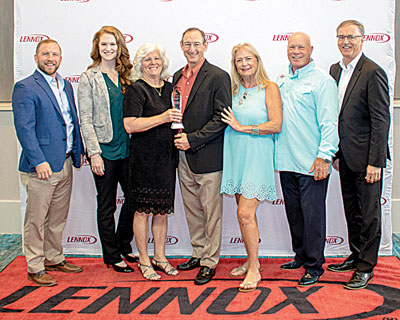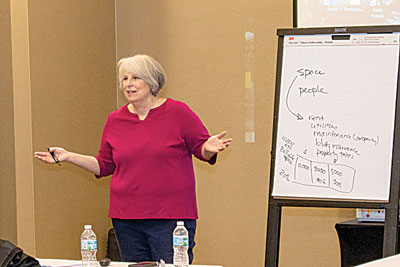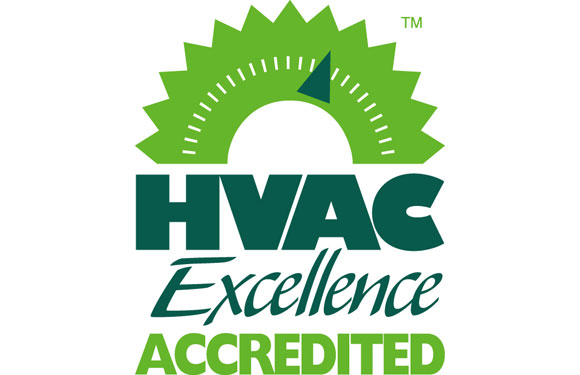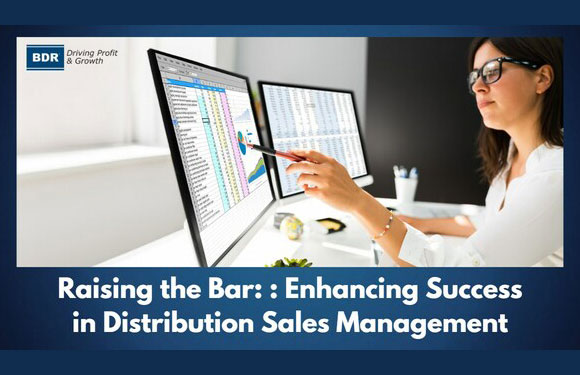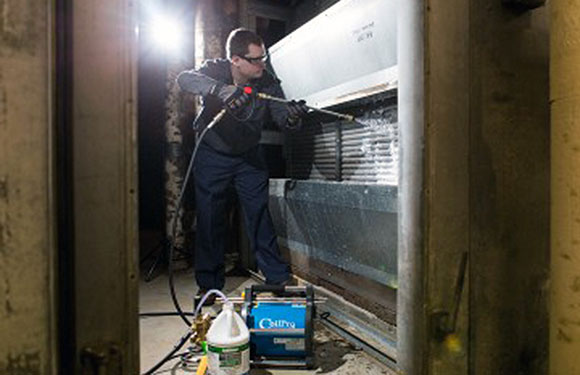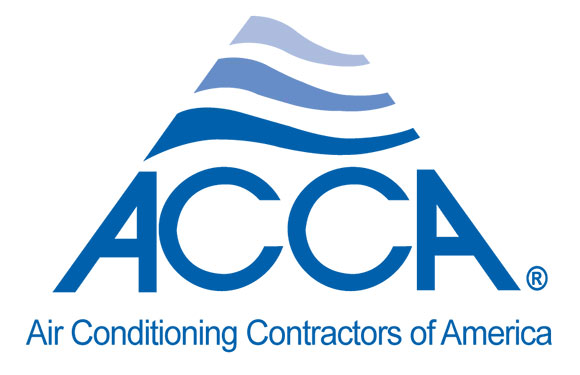
Florida News
Selling or Financing an HVACR Business in a COVID-19 World Still Possible
By Brooks Crankshaw
Current media tells a story of health crisis, financial markets volatility, global economic ambiguity and a hangover from last year’s trade wars. Needless to say, much of American business faces uncertainty in their outlook for 2020 due to these macro issues. But in the HVACR services market, which in most cases is managed on a local level, business is less variable and more predictable. This stability makes it possible for HVACR service companies to consider selling their business, acquiring others, or financing a growth strategy even in the current environment.

Before addressing current events and the effect on HVACR businesses, a review of 2019 market activity proves instructive. A review of completed HVACR acquisitions in 2019 illustrates that (1) no two transactions have ever been the same and (2) Interest HVACR companies was strong in 2019 across all types of investors. Take these midsize deals, for example:
- CoolSys acquisition of ABC Refrigeration & HVAC. CoolSys is owned by private equity firm Audax which pursues a strategy of acquiring HVACR companies to increase scale and combining them under the CoolSys name. ABC, located in East Syracuse, NY, specialized in commercial refrigeration and air conditioning services. The transaction stands out as an acquisition by private equity firm with existing experience in the industry.
- Caltius Equity acquisition of Air Conditioning Innovative Solutions (“ACIS”). Caltius, another private equity firm and new entrant into the HVACR industry, specializes in industrial business services generally. ACIS, based in McKinney, TX, evolved from a small service-and-repair company to become the leading provider of HVAC and Plumbing maintenance services in the Dallas/Fort Worth area. The transaction represents an example of a financial investor buying into the industry for the first time.
- ACCO Engineered Systems (“ACCO”) acquisition of Smith Electric Service. ACCO, a private employee-owned mechanical contracting company, sought to expand in the central coast of California. Smith, based in Santa Maria, CA, was chosen based on their reputation for customer service in the region. This transaction stands as an example of a company already experienced in HVACR expanding their territory and acquiring experienced technicians.
While it would be difficult to expect the same market strength in 2020, HVACR companies are better positioned than most for mergers, acquisitions, or refinancing. The earth shattering COVID-19 pandemic at least thus far has had marginal effect on buyers’ appetite for good HVACR companies, and most lenders remain willing to provide funding to creditworthy businesses.
In many states, HVACR activities are considered “essential,” causing less disruption to business. Although major projects are negatively affected (i.e., new or renewed systems at schools that have been shut down), maintenance projects are either moving forward or only temporarily delayed. Emergency business, in both residential and commercial sides of the market, continues with urgency. As was the case before the COVID-19 crisis, HVACR companies with large maintenance business or those in metropolitan areas will find it easier to find a buyer or obtain financing.
Particularly in those “essential” states, industry leaders are cautioning against making claims that HVAC systems have the ability to cleanse the air of viruses such as COVID-19. Although some technologies may be effective in purifying air, there is limited scientific evidence of the degree of efficiency and caution is recommended. Aggressive marketing strategies may draw incremental revenue but will ultimately affect the company’s image and ability to get financing, if necessary.
In our business, we have implemented varying degrees of adjustment in our advice to clients, customizing our strategies to fit each unique situation. We are finding that financial and corporate owners of HVACR companies have started assessing their situations and creating financing strategies to manage their business in the current environment. Generally, since companies have grown accustomed to the logistics of working remotely, many are open for business again. Investors remain highly interested in either acquiring or financing HVACR businesses, and valuations will track with the financial results of the business.
Finally, for HVACR companies in the residential market, the risks associated with COVID-19 exposure among technicians must be addressed. Medical professionals have provided several preventative measures for the community, and I urge all of our partners in the industry to take precautions in order to protect employees as much as possible.
About the Author
Brooks Crankshaw is an HVACR specialist and Managing Director of Balmoral Advisors, an investment bank enhancing shareholder value by advising clients on mergers, acquisitions, debt and equity raising. For additional information, visit BalmoralAdvisors.com. Securities offered through Bridge Capital Associates, Inc. member FINRA/SIPC.



